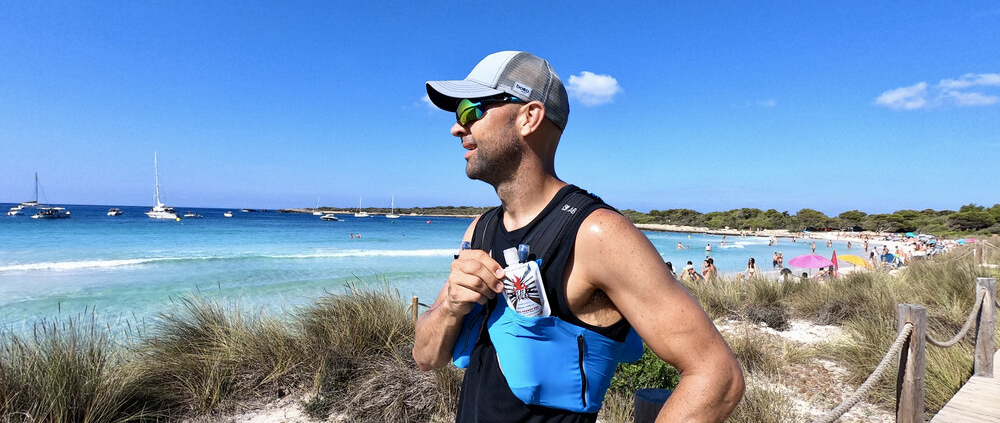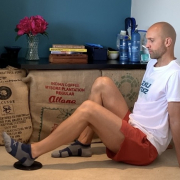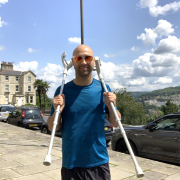Running Nutrition
RUNNING NUTRITION & HYDRATION PLAN
One thing I see WAY too often is ultra-runners taking on races without a running nutrition or hydration plan.
Some get away with it, until they don’t. When it goes bad, it can be really bad. Running nutrition & hydration is something which needs to be practised, planned, and executed to the best of your ability.
Yes everyone is different, but there are some proven guidelines to follow, so your running nutrition & hydration plans for race day will give you the best chance of achieving your goal for that race.
It starts with practising a running nutrition & hydration plan in training, to find where you feel comfortable, AND with consistent energy using the range below.
HYDRATION
A general guide is to consume between 400-1000ml an hour, climate dependant.
Hot and/or humid conditions will mean more fluids will need to be consumed.
(Sipping regularly is best.)
NUTRITION
A general guide is to consume between 200-400 calories an hour for a running nutrition plan, intensity & your ability to absorb calories dependant.
(Majority of these calories should come from carbohydrates.)
*** As ultra-runners, we can crave all different weird and wonderful foods, if you do, allow yourself to eat the foods you are craving for that ‘feel good’ factor. This is where you can sway from your running nutrition plan. However try to not eat more than 400 calories in a feed though, you don’t want any gut issues because you’ve over ate and cannot absorb it…
I’ll say again, this is a guide, and should be practised in training to see where you fit within this range relating to your intensity, and time running.
Training your gut to become more efficient at digesting and absorbing the food you choose to consume is extremely important as well.
Practising your running nutrition plan will help you to not 🤮💩🥴🤮💩🥴 during your race.
A simple concept when it comes to training your gut, and being prepared on race day, is to slightly over consume the amount of calories you plan to eat on race day in training.
For example, if you are planning to consume between 200-300 calories on race day as your running nutrition plan, then for several long runs leading up to your event, consume 300-350 calories an hour. This is merely a guide, but the general concept, alongside experimenting with some common sense, I’ve found has worked extremely well with my clients, and in my own endurance races.
Running nutrition doesn’t need to be complex, nor do you have to count every single calorie. Having a plan that will guide you through your event can help minimise the risks of under eating, or over eating. Simply “winging it” or just trying to eat everything & anything isn’t a strategy, it’s a recipe for disaster, which i’ve seen athletes experience too many times to count…
Want to run LONGER – HIGHER – FASTER?
Drop me an email so we can organise a free call to see if we are a good fit.













Leave a Reply
Want to join the discussion?Feel free to contribute!